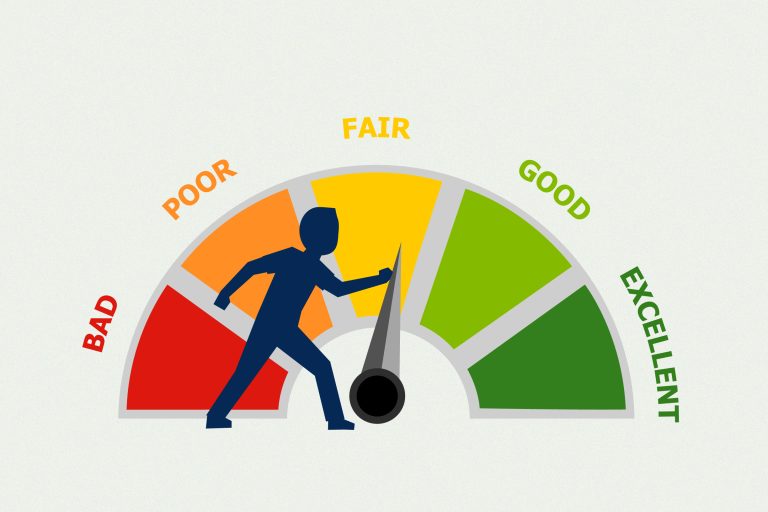Choosing the Right Credit Card: A Comprehensive Guide
When it comes to managing personal finances, choosing the right credit card can make a significant difference. With numerous options available, it’s important to understand your needs and preferences to find a credit card that aligns with your financial goals. In this comprehensive guide, we will walk you through the essential factors to consider when choosing a credit card, empowering you to make an informed decision.
Assess Your Financial Needs
Before diving into the world of credit cards, take a moment to assess your financial needs and goals. Consider your spending habits, repayment capabilities, and intended card usage. Are you looking for a card to build credit, earn rewards, or manage existing debt? Identifying your priorities will help you narrow down your options.
Understand Interest Rates
One of the most critical factors to consider is the annual percentage rate (APR) of the credit card. This represents the cost of borrowing money on the card. Look for low-interest or introductory 0% APR offers, especially if you plan to carry a balance. Remember to check if the APR is fixed or variable and if there are any penalty rates.
Evaluate Rewards Programs
Credit cards often come with enticing rewards programs, allowing you to earn points, cashback, or airline miles. Consider your spending habits and determine the type of rewards that align with your lifestyle. Some cards offer higher rewards in specific categories like groceries, travel, or dining, while others provide a flat percentage on all purchases. Analyze the redemption options and restrictions associated with the rewards program to ensure they suit your preferences.
Assess Fees and Charges
Credit cards may come with various fees that can affect your overall financial strategy. Pay close attention to annual fees, late payment fees, balance transfer fees, and foreign transaction fees. While some cards waive the annual fee in the first year, evaluate whether the benefits outweigh the costs in subsequent years. If you plan to use the card for international transactions, look for a card with minimal foreign transaction fees.
Consider Credit Limits
Credit limits determine the maximum amount you can borrow on your credit card. Higher credit limits provide more flexibility but can also tempt you to spend beyond your means. If you’re starting out or rebuilding credit, cards with lower credit limits may be more appropriate. Additionally, inquire about the possibility of credit limit increases over time, as your financial situation improves.
Research Cardholder Benefits and Protections
Beyond rewards, credit cards may offer additional benefits such as extended warranties, purchase protection, travel insurance, and fraud liability protection. These perks can enhance your overall experience and provide added security. Carefully review the terms and conditions to understand the extent and limitations of these benefits.
Check Credit Card Issuer’s Reputation
Research the reputation of the credit card issuer. Look for companies with good customer service, a reliable online platform, and a strong track record in the industry. Reading reviews and checking ratings from reputable sources can give you valuable insights into the issuer’s reliability and customer satisfaction.
Conclusion
Choosing the right credit card requires careful consideration and an understanding of your financial needs. By assessing factors such as interest rates, rewards programs, fees, credit limits, cardholder benefits, and the issuer’s reputation, you can make an informed decision that aligns with your financial goals. Remember to compare multiple options, read the fine print, and prioritize your needs to find the credit card that best suits you.


